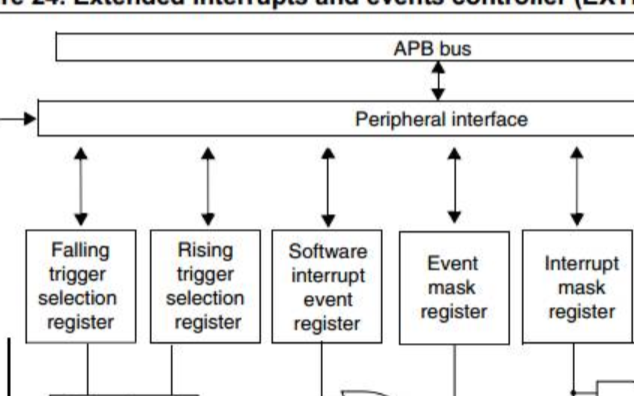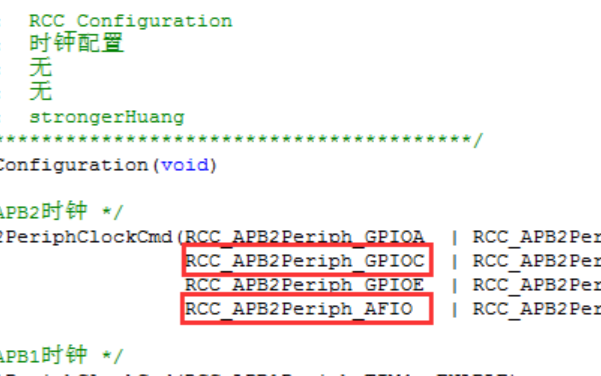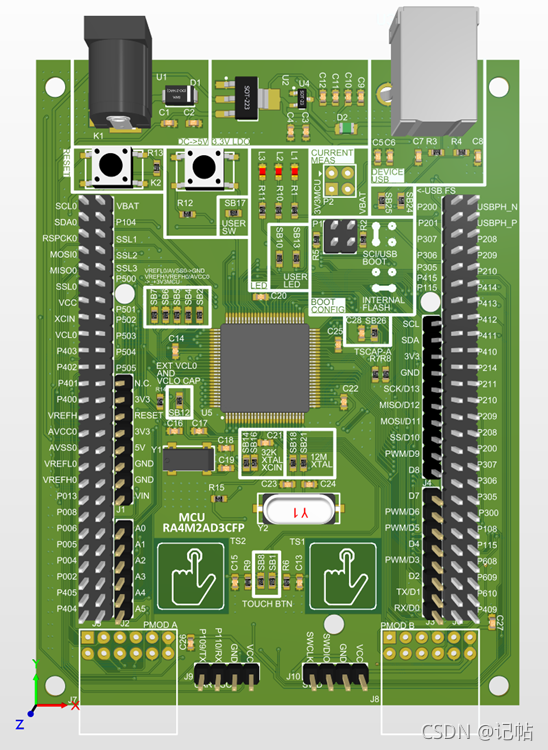在Linux系统下,你可以使用 exit()、_exit() 和 _Exit() 来终止程序运行,特别是在出现错误或执行失败的情况下。这样可以确保程序在发生严重错误时能够安全地退出。
1
exit() 函数
用法:void exit(int status)。
exit() 函数是标准 C 库的一部分,常用于 C 和 C++ 程序中。
当调用时,它执行一系列的清理操作(如调用使用 atexit() 注册的函数),刷新 I/O 缓冲区,然后终止程序。
status 参数是一个整数值,返回给调用进程的父进程。
通常,零状态表示正常终止,而非零状态可能表示错误或异常终止。
以下例子中,exit(0) 将立即终止程序,不会执行 printf("After exit() "); 后的代码。exit(0) 表示正常终止。
#include
#include
int main() {
printf("Before exit()
");
// The exit() function performs cleanup actions and terminates the program.
exit(0);
// The following code will not be executed.
printf("After exit()
");
return 0;
}
2
_exit() 函数
用法: void _exit(int status)。
_exit() 函数是一个系统调用,立即终止调用的进程,而不执行 exit() 所做的清理操作。
它不刷新 I/O 缓冲区,也不关闭打开的文件描述符,并且不调用使用 atexit() 注册的函数。
status 参数被返回给父进程。
与 exit() 不同,_exit(0) 不会执行任何清理动作,而是立即终止程序。与 exit() 不同,_exit() 函数是一个系统调用,不执行标准库的清理操作。
#include
#include
int main() {
printf("Before _exit()
");
// The _exit() function immediately terminates the program without cleanup.
_exit(0);
// The following code will not be executed.
printf("After _exit()
");
return 0;
}
3
_Exit() 函数
用法: void _Exit(int status)。
与 _exit() 类似,_Exit() 是一个系统调用,它在不执行清理操作的情况下立即终止调用的进程。
_Exit() 的行为类似于 _exit(),但其设计与 exit() 具有相同的函数签名。
它在 POSIX 兼容系统中得到标准化。
_Exit(0) 与 _exit(0) 类似,都是立即终止程序。在 POSIX 系统中,_Exit() 是标准化的版本。
#include
#include
int main() {
printf("Before _Exit()
");
// The _Exit() function immediately terminates the program without cleanup.
_Exit(0);
// The following code will not be executed.
printf("After _Exit()
");
return 0;
}
总的来说,exit() 是一个更高级别的函数,在终止之前执行各种清理操作,而 _exit() 和 _Exit() 是低级别的函数,立即终止进程而不执行清理操作。_Exit() 是 POSIX 兼容系统中对 _exit() 的标准化版本。
审核编辑:刘清
-
Linux系统
+关注
关注
4文章
593浏览量
27392
原文标题:exit()、_exit()和_Exit()终止程序运行
文章出处:【微信号:美男子玩编程,微信公众号:美男子玩编程】欢迎添加关注!文章转载请注明出处。
发布评论请先 登录
相关推荐
linux的exit()与_exit()有什么区别
STM32笔记之 EXIT(外部中断)精选资料分享
STM32F0中外部中断EXIT
定时器外部中断(EXIT)概念
基于EXIT图和自适应微粒群算法的度分布对优化方法
Shell内建命令:exit命令
瑞萨e2studio(6)----EXIT





 如何使用exit()、_exit()和_Exit()来终止程序运行呢?
如何使用exit()、_exit()和_Exit()来终止程序运行呢?













评论